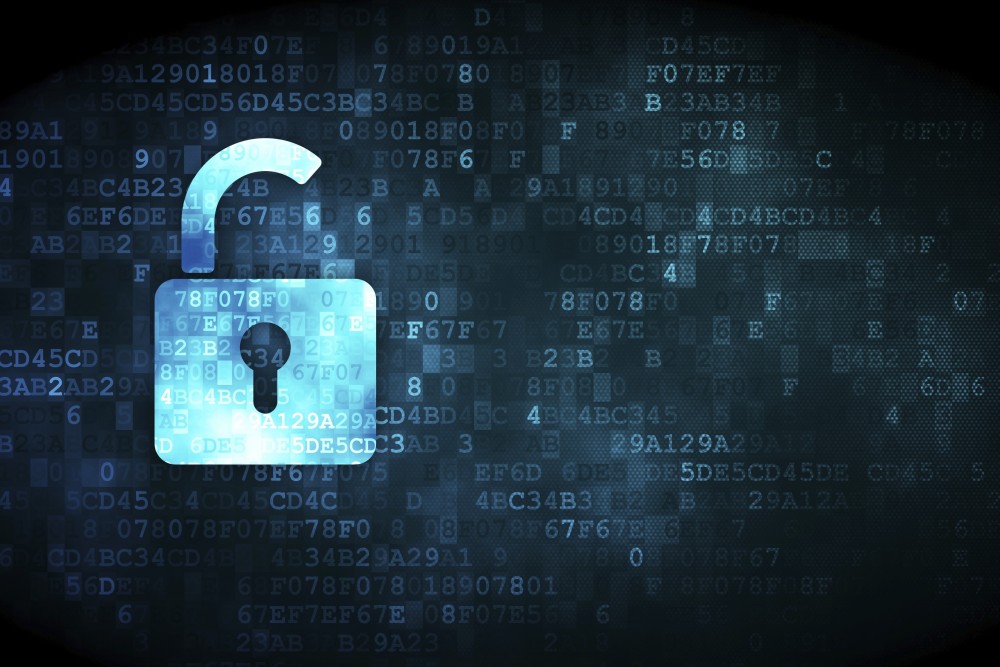OU News
News from The Open University
- Home
- Cyber attack causes universities across the country to lose internet connection
Cyber attack causes universities across the country to lose internet connection
Posted on • Computing

Universities across the country have been losing internet connections today because of a cyber attack.
The publicly-funded academic computer network has been affected by a Distributed Denial of Service (DDoS) attack causing many universities, including The Open University, to lose connections, preventing access to external websites. The network, known as Janet, is responsible for the .ac.uk and .gov.uk domains used by colleges and universities across the UK.
Issues with our internet provider are causing web access problems for the OU and other UK universities. We'll keep you posted.
— The Open University (@OpenUniversity) December 8, 2015
Andrew Smith, the OU’s Senior Lecturer in Networking, explains: “The DDoS attack is probably one of the oldest tools in the arsenal of attacks that come from CyberCriminals. DDoS – means Distributed Denial of Service. In straightforward terms, attackers have lined up an army of malware compromised computers (each computer is called a zombie and collectively they are known as a BotNet) and have primed them to attack Janet. Janet, known as the Joint Academic Network, (J+A+Net) is used by many universities and colleges in the UK. While our security is good, having thousands of computers around the world all sending useless data to one system will flood it and will slow it down.
Each compromised computer will send a small amount of data, nothing that you would notice and normally in keeping with the typical internet traffic behaviour expected by your broadband provider. However, when this is multiplied by tens, hundreds and thousands of computers – the deluge becomes unmanageable as this restricts our ability to receive internet traffic which would also come in via the same connection.
“You could compare this to flooding, similar to what is happening in parts of the UK, or an overloaded transport network where the cars have decided to all head for the same highway. Why do hackers use DDoS, it may be to cover another attack? Or it may be to simply be disruptive and damage our ability to carry out our normal academic activities? At this current time, we do not know.”
To find out more about cyber security, you can access a free OU course via OpenLearn which tackles topics like staying safe online.